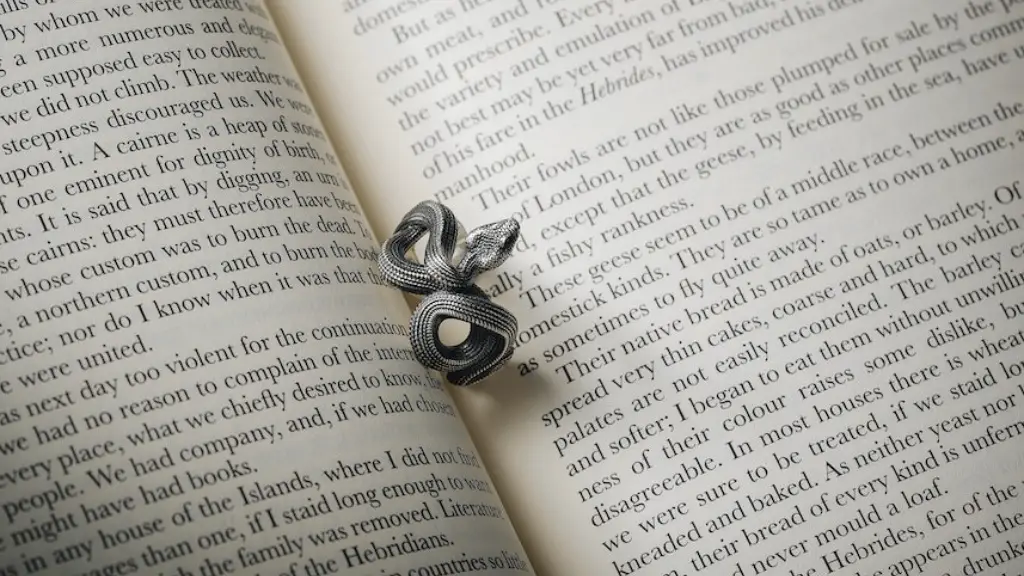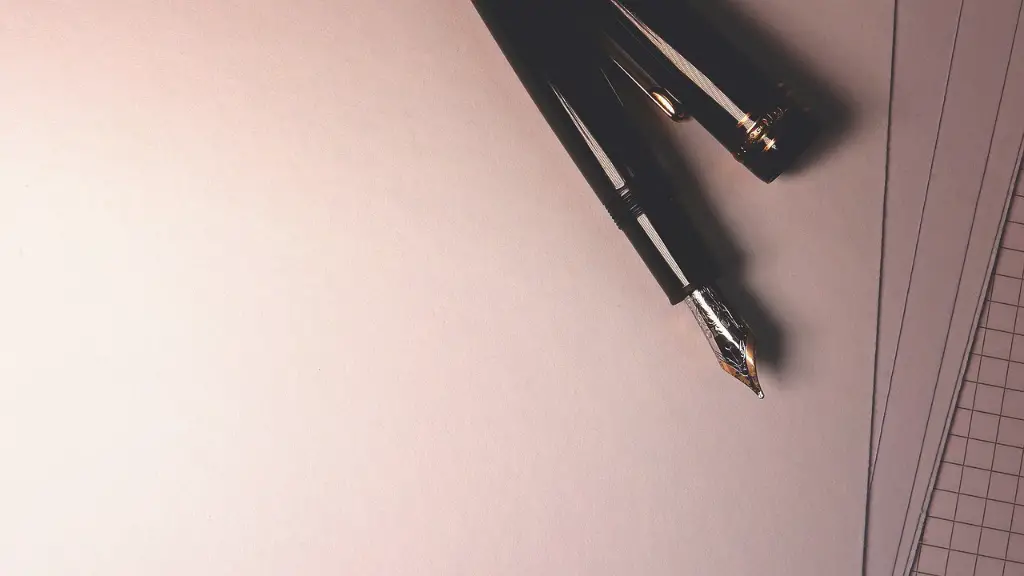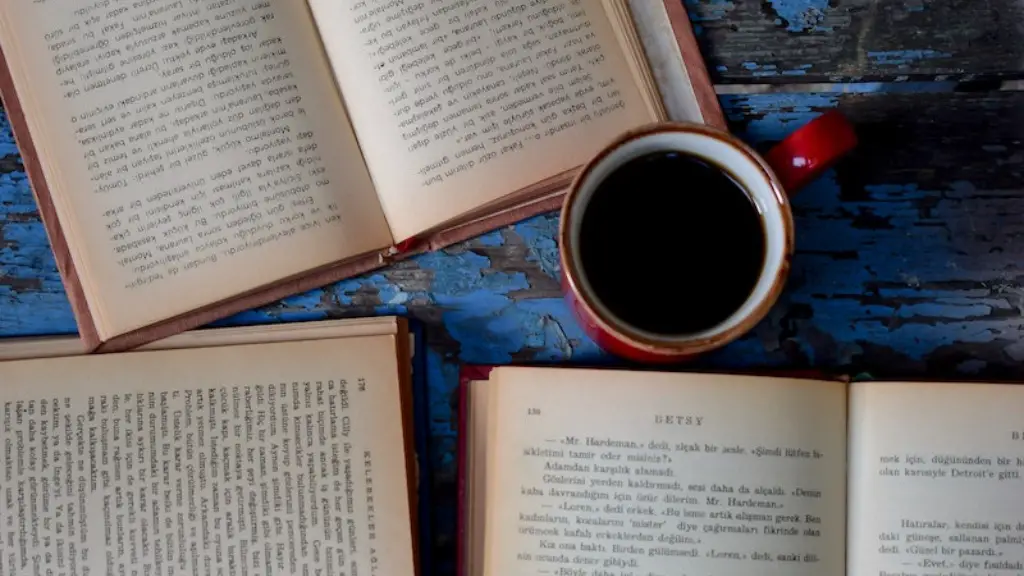When it comes to bad poetry, one must recognize the importance of writing the worst possible piece in order to make it truly dreadful. It is no easy task to pen a work that is deserving of full disregard and disdain. In order to create a hapless poem, one should pay close attention to the following points.
Observing Grammar Rules
The primary way to craft truly wretched verse is to ignore all forms of grammar, mechanics and syntax. Simply do not worry about following the traditional rules of language. Be sure to repose verb tenses in incorrect spots, leaving out crucial connecting words or points of the sentence. Additionally, make a conscious effort to misspell words and invoke a total disregard for the basic concepts of grammar.
Retelling a Story
Rather than creating an entirely original tale, select a popular poem or book and attempt to copy it as closely as possible. Replicate the sentences, anecdotes, structure and ambience of the original work. Do not try to include any of the emotive undertones or subtleties of the authentic piece. Simply present a fragmented shell of the original story by entrusting its words to the page.
Using Practically Nonsensical Words
Choose words that can in no way be connected with the overarching story. Even if it is nonsensical, the language should still be poetic in nature with references to concepts and ideas. This may sound ludicrous and unfeasible, but one can always employ a thesaurus to locate counterintuitive language to create a generic poem.
Making No Sense
Rather than making an attempt to shape a story, it is better to string together random words in a meandering, seemingly unconnected manner. It is important not to direct the poem in any kind of direction and make no reference to any narration or message throughout. Simply copy random words from a book or the Internet and affix them to the paper.
Leaving the Ending Open-ended
The ending of any poem should be as ambiguously stated as possible. Refrain from suggesting or including any kind of conclusion to it as this will only distract from the core purpose of writing poor poetry. Simply leave the poem unfinished, creating a sense of turmoil in the reader’s mind, who will be left inconsolable.
Employing the Wrong Rhyming Patterns
Create sentences that have the semblance of a rhyme but do not actually end in the expected configuration. This will only amplify the confusing nature of the poem, making it harder to understand. Be sure to overlook all probability of accuracy and create utter nonsense while exploring rhyming patterns.
Using Clichés and Jargons
Add cliches, either from literature or from the Internet, to the text in a random manner. These phrases should have no direct relevance to the poem or its core message. Additionally, attempt to employ jargons, terms and words that are out of context. This will only add to the randomness of the poem and make it more garbled.
Using Wordy Sentence Structures
Craft extremely long sentences by employing contrived phrases and awkward words. Try to add irrelevant tangents of thought in sentences and never get to the true point. This will prevent the poem from reaching its conclusion at any expected time and make the story seem incoherent and unnecessarily convoluted.
Utilizing Abstract Concepts and Metaphors
Attempt to employ abstract concepts and take the story in a totally unrelated direction. This will create a further sense of confusion in the reader who will have no chance to actually interpret the words of the poem. Use metaphors that are totally irrelevant to the tone of the piece without any interpolation of the characters or ideas presented.
Adding Empty Reflections
Include vague thoughts and anguishes that are never actually explained. Extension reflections should not make any mention of the characters and are completely only based on the judgment of the author. Once again these words should be as abstract as possible, having no logical consequences to the story.
The Sound of Words
One should keep the emphasis on the sound of words rather than the authentic story. This can be done by singing the language in a certain rhythm and incorporating a mantra like aspect to the poem. Attempt to introduce phonetic words in order to disrupt the structures and sentence formation.
Utilizing Meters and Poetic Devices
Mostly employed in conventional poetry, poetic devices and metered verse should be negated in bad poetry. Refrain from incorporating any sort of musicality to the poem and create sentences that are as monotonous and mundane as possible.
Inverting the Meaning of Words
Rather than using dictionary interpretations of words and phrases, try to reverse the established meanings of a sentence in order to transcend the conventional bounds of language. This can be done by jumbling words and muddling sentences in a burst of creativity.
Misuse of Punctuation
Include absurd symbols and overly used of punctuations such as commas, full stops, question and exclamation marks. Though it is important to keep the language poetic, the punctuation should only strive to disorient the reader and be completely useless in the formation of the story.



